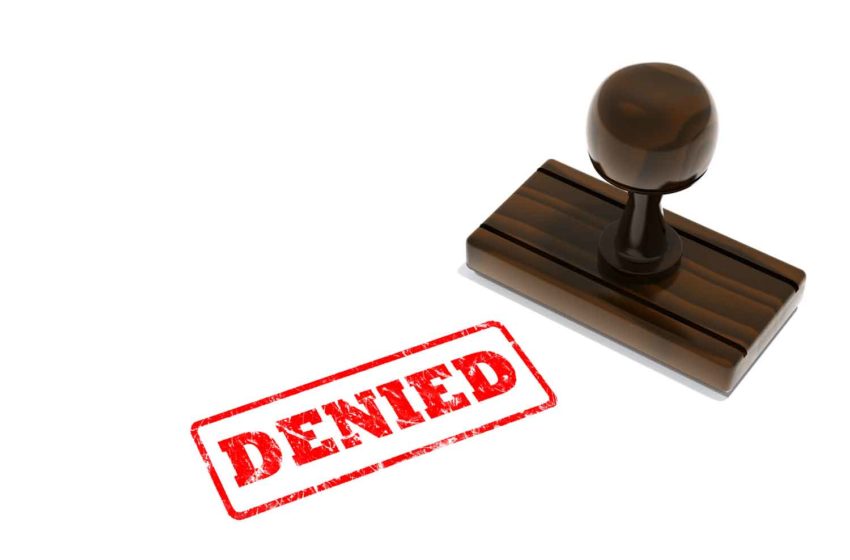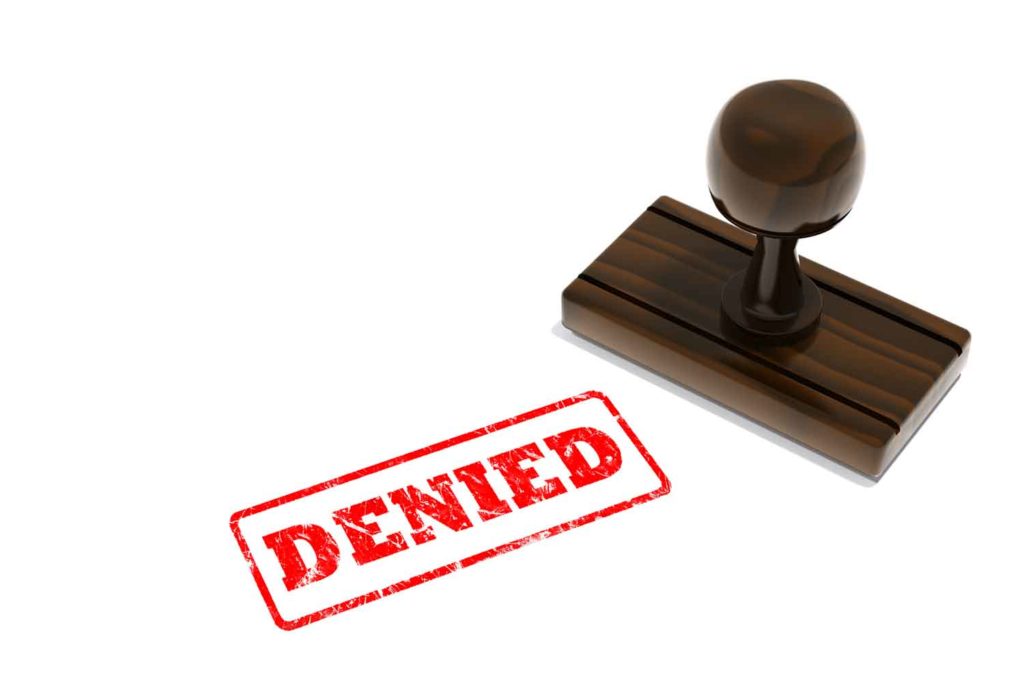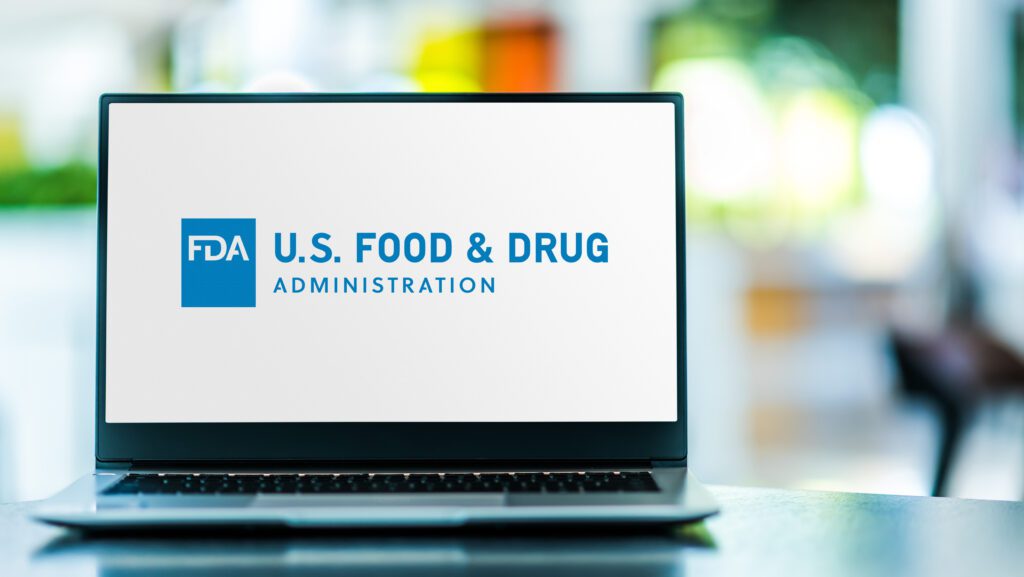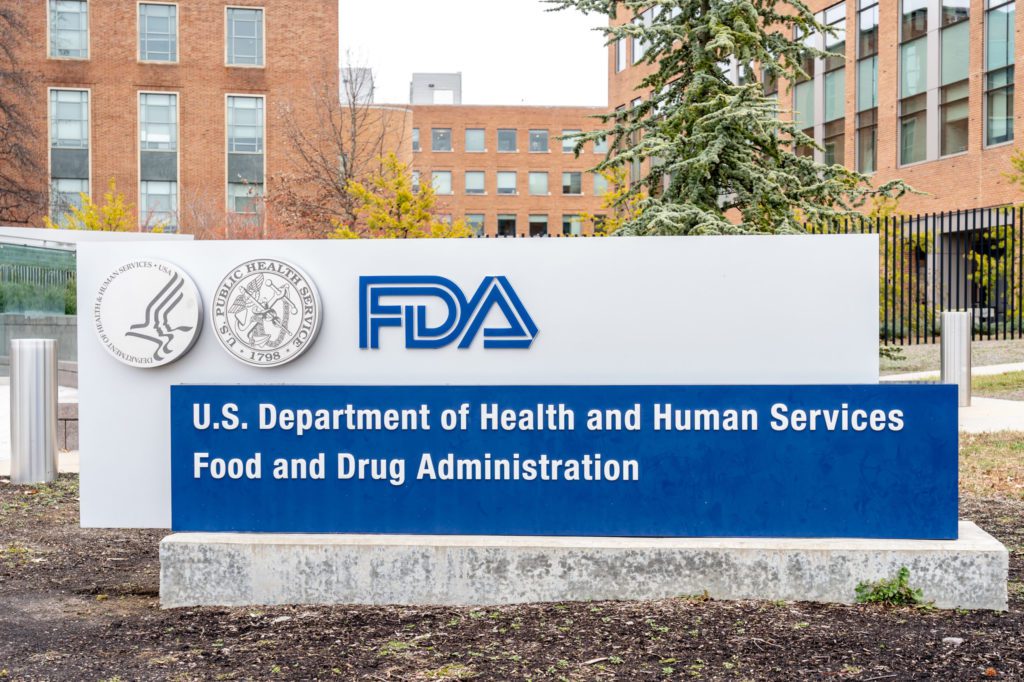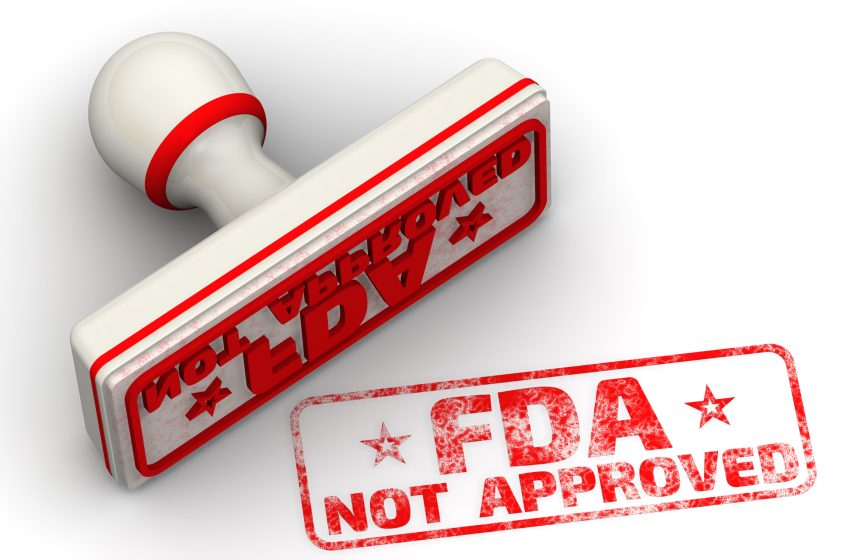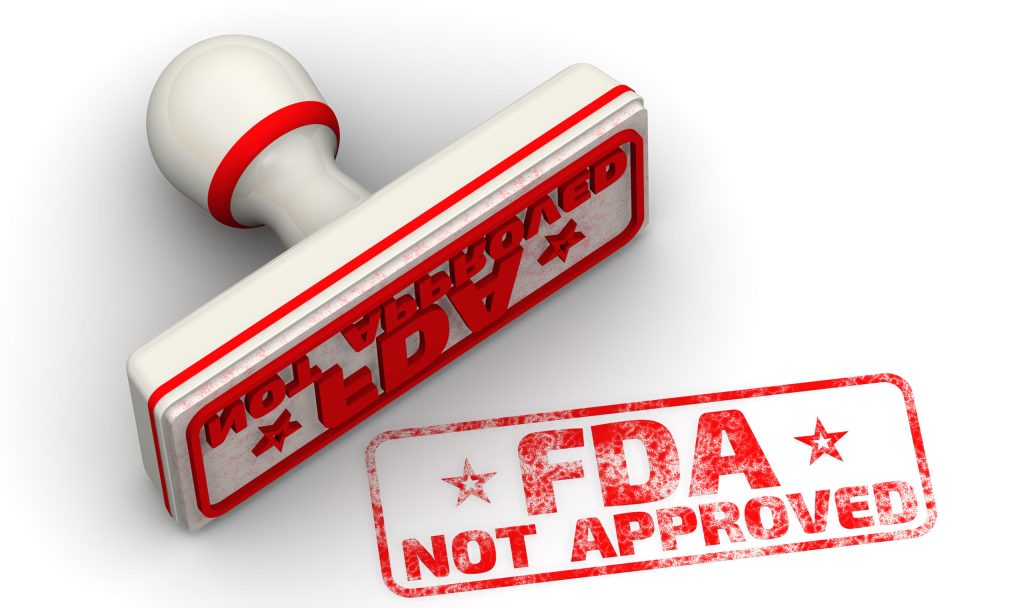
The U.S. Food and Drug Administration has given the Center for Tobacco Research at The Ohio State University Comprehensive Cancer Center a $3.9 million grant to evaluate the effects of e-cigarette flavors on smoking behaviors of current adult smokers, according to News Medical Lifesciences.
The study will be co-led by Theodore Wagener, director of Ohio State’s Center for Tobacco Research, and Tracy Smith from the Medical University of South Carolina Hollings Cancer Center.
Wagener says, “the FDA must decide how to balance its goals of protecting young people and offering harm-reduction options to adults. This new trial will generate critical data to help make more informed public health decisions that have a lasting impact.”
“The FDA is currently making regulatory decisions about e-cigarette flavors with incomplete scientific data,” Wagener said. “Existing data show that smokers also prefer flavored e-cigarettes, and while there are a few survey studies suggesting that flavored e-cigarettes may be more helpful for switching to vaping, these studies are not rigorous enough for the FDA to base its regulatory decisions on. Our study will be the first to provide the FDA with definitive information as to the benefit, if any, of e-cigarette flavors to adult smokers.”
The national, randomized, controlled trial will recruit up to 1,500 cigarette users from across the country, and researchers will measure e-cigarette flavor impact on product uptake and appeal, cigarette craving, symptoms, dependence and smoking behavior. Combination nicotine-replacement therapy will be used as a comparator to determine potential increased benefit of e-cigarettes versus nicotine-replacement therapy.
“If our study demonstrates no significant improvements in switching with flavored e-cigarette use, then the continued sale of these products is likely indefensible; however, if improvements are significant, these findings will provide a critical counterweight to the current FDA regulations and will aid future decision-making,” Wagener said.


